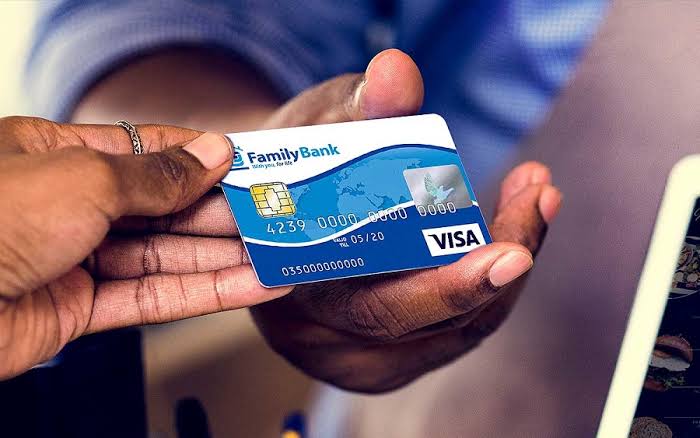Visa, a global payments company, has pledged to invest $1 billion in Africa over the next five years in an effort to foster more robust, innovative, and inclusive economies.
Visa’s Chairman and Chief Executive Officer Alfred F. Kelly, Jr., made the announcement at the US-Africa Business Forum held in conjunction with the US-Africa Leaders Summit in Washington, DC.
The additional investments show Visa’s long-term commitment to Africa’s economic potential and will enable wider access to digital payments as a gateway to growing formal financial services for individuals and merchants.
The investment would expand Visa’s presence in Africa and strengthen the company’s ties to the continent’s governments, banks, mobile network providers, financial technology companies, and retailers.
Investments will be made to better the payment ecosystem through the use of cutting-edge technologies, to encourage the digitization of economies, and to foster the growth of skilled workers and productive institutions.
Read also: Visa, Thunes to Facilitate Cross border payments
Al Kelly, Chairman and CEO of Visa, Inc., said, “Visa has been investing in Africa for several decades to create a truly local business, and today our commitment to the continent remains as robust and unshakable as ever.” Visa supports digital commerce and money transfer in every country on the continent every day, and Africa is crucial to Visa’s long-term growth ambitions. “We look forward to working together with our partners to enhance the financial ecosystem, accelerate digitization, and build resilient, innovative, and inclusive economies that will provide shared opportunity and further boost Africa’s digital economy.”
Visa investment in Africa
These investments will help Visa enhance financial inclusion in accordance with its mission to be the greatest way to pay and get paid. Visa’s operations and community activities support small African and women-led enterprises. 500 million Africans lack formal financial services; less than 50% of adults have made or received digital payments; and more than 40 million retailers do not accept digital payments.
“Africa is seeing an unrivaled digital acceleration, with a rising number of consumers, merchants, and organizations understanding the benefits of secure and convenient digital payments to stimulate trade and money movement,” said Visa Sub-Saharan Africa Senior Vice President Aida Diarra. Visa invested in Africa last year with new offices, innovations, solutions, and financial inclusion projects. Our investment pledge pledges long-term support for Africa and financial ecosystem transformation.
“Expanding financial inclusion is crucial to long-term economic growth, and we are thrilled to have collaborated with financial and public sector partners to establish new programs like She’s Next,” said Visa North Africa Levant and Pakistan Senior Vice President Leila Serhan. “We look forward to supporting projects that improve inclusiveness and prosperity while bringing innovative ideas to African consumers and businesses.”
Finastra and Visa Launch Global BaaS Offering via Visa Direct Integration
The Visio and Mission of Visa in Africa
By opening local offices in Ethiopia, the Democratic Republic of the Congo, and Sudan, Visa will support and enhance the local financial ecosystem. Visa hopes to support payments in 54 African nations from 10 locations.
Its purpose are, to unveil the first Visa Sub-Saharan Africa Innovation Studio in Nairobi, Kenya, to bring clients and partners together to co-create future-ready payment and commerce solutions.
Introducing and growing new technologies that allow African consumers and businesses to make and receive digital payments, such as Tap to Phone, which can turn a simple mobile phone into a payment device, and cutting remittance costs with innovative solutions like Visa Direct,
Establishing Visa as the fintech partner of choice, working with innovative financial technology companies and entrepreneurs, including running the Visa Everywhere Initiative program, which launched dedicated country programs in Ethiopia and Egypt and attracted African entrants to the global program.
















